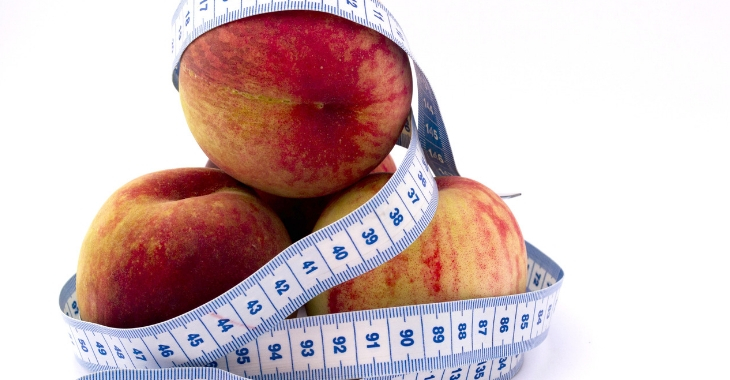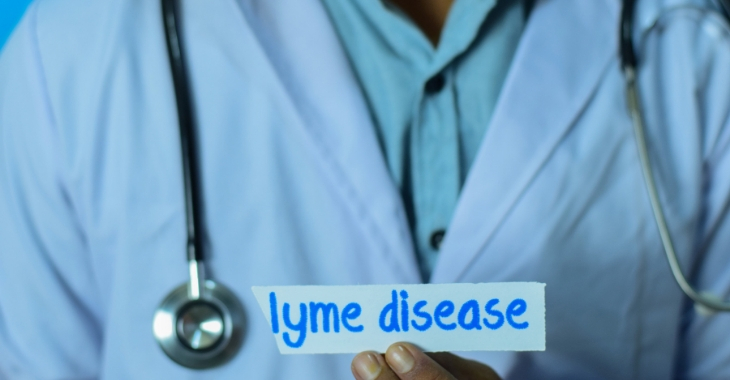Myths About Health and Weight Loss

There is so much emphasis put on weight that many people equate a lean body with health. While being overweight can put you at risk for some health conditions, achieving an ‘ideal’ weight does not equate to health. Many weight loss programs and efforts to stay in shape can detract from overall health. Here are some myths about weight loss and how they can impact your health.
Thinner is Healthier
You may be surprised that being thin has little to do with health. In fact, many people who are considered overweight are perfectly healthy. The ‘ideal’ weight for you cannot be found on a chart. When your immune, digestive and other systems are functioning correctly, that is the level of health you want to achieve.
Eating Less and Exercising More
Less calories in and more calories out equals weight loss and better health? Not necessarily. Many factors impact your metabolism and not eating enough of the nutrients you need or exercising too much can be bad for your health. Eating nutrient dense foods and engaging in regular exercise is the best combination for health and will often help your body become balanced.
Dieting Is Needed for Weight Loss
Not only has dieting been proven time and time again to fail at long-term weight loss, it can affect your health. Making better choices for your health is the best way to allow your body to naturally find the best weight for your body.
Focusing on weight can often be the worst gauge of overall health. To achieve a body that is healthy, you need the right foods and a lifestyle plan that works for you. Contact a naturopathic doctor to undergo a wellness exam to find the best options for achieving optimal health.
Posted on behalf of:
Wholistic Medicine Specialists of Atlanta
1055 Powers Place
Alpharetta, GA 30009
(678) 987-8451
The information provided on this website, including text, graphics, images, and other materials, is intended solely for informational purposes and should not be used as a substitute for professional medical advice, diagnosis, or treatment.


)